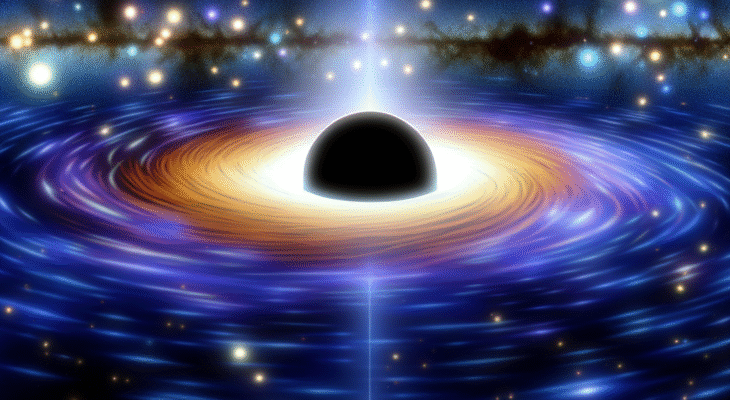Stephen Hawking’s Black Hole Prediction: A Decade Later, He’s Proven Right

Understanding Black Holes with Hawking
It’s amazing how sometimes, a brilliant mind can turn what we know on its head. Stephen Hawking did just that with his theories on black holes. After a decade of research, scientists have finally shown that Hawking was right about black holes emitting radiation, a concept he introduced back in the 1970s. Let’s take a moment to unpack this fascinating topic.
A Glimpse into Black Hole Science
So, what exactly are black holes? In simple terms, they’re regions in space where gravitational forces are so strong that nothing, not even light, can escape. Hawking proposed that black holes aren’t entirely black. Instead, they can emit particles through a process he called Hawking radiation. At first, this idea sounded almost impossible, but guess what? Decades later, researchers have found compelling evidence to support his theory.
The Journey of Discovery
You might wonder why it took so long to get here. Science isn’t always quick, especially when it deals with something as elusive as black holes. For many years, researchers faced challenges in detecting the faint signals of Hawking radiation. But perseverance paid off, and advancements in technology, like more sensitive telescopes, opened new doors for exploration.
Why This Matters
So, why should we care about this? Hawking’s findings provide deeper insight into the nature of our universe. Understanding how black holes radiate energy can lead to answers about the very fabric of space and time. It connects to fundamental questions about the origins of the universe and the fate it holds.
Hawking’s Legacy
Hawking’s contributions go beyond physics; they've inspired countless people to pursue science. Knowing we’ve proven his ideas correct is a reminder that incredible breakthroughs often take time. It encourages budding scientists to think big and chase their curiosities.
Conclusion
In conclusion, Stephen Hawking’s predictions about black holes are a beautiful testament to the nature of science—slow, thorough, and always evolving. Each small victory leads us closer to understanding the cosmos. So, let’s celebrate this moment, and keep looking up at the stars!
Stay tuned for more explorations in the universe of science! You can also follow us on Twitter or check out our Pinterest page for exciting updates!
